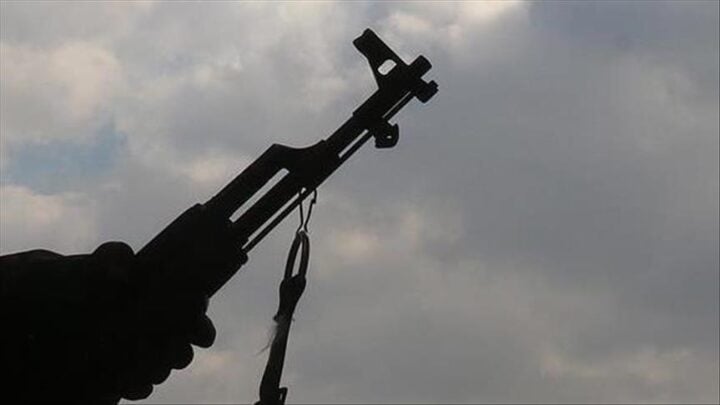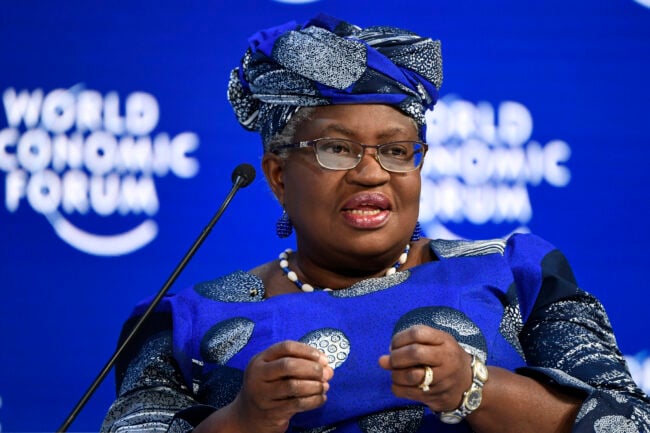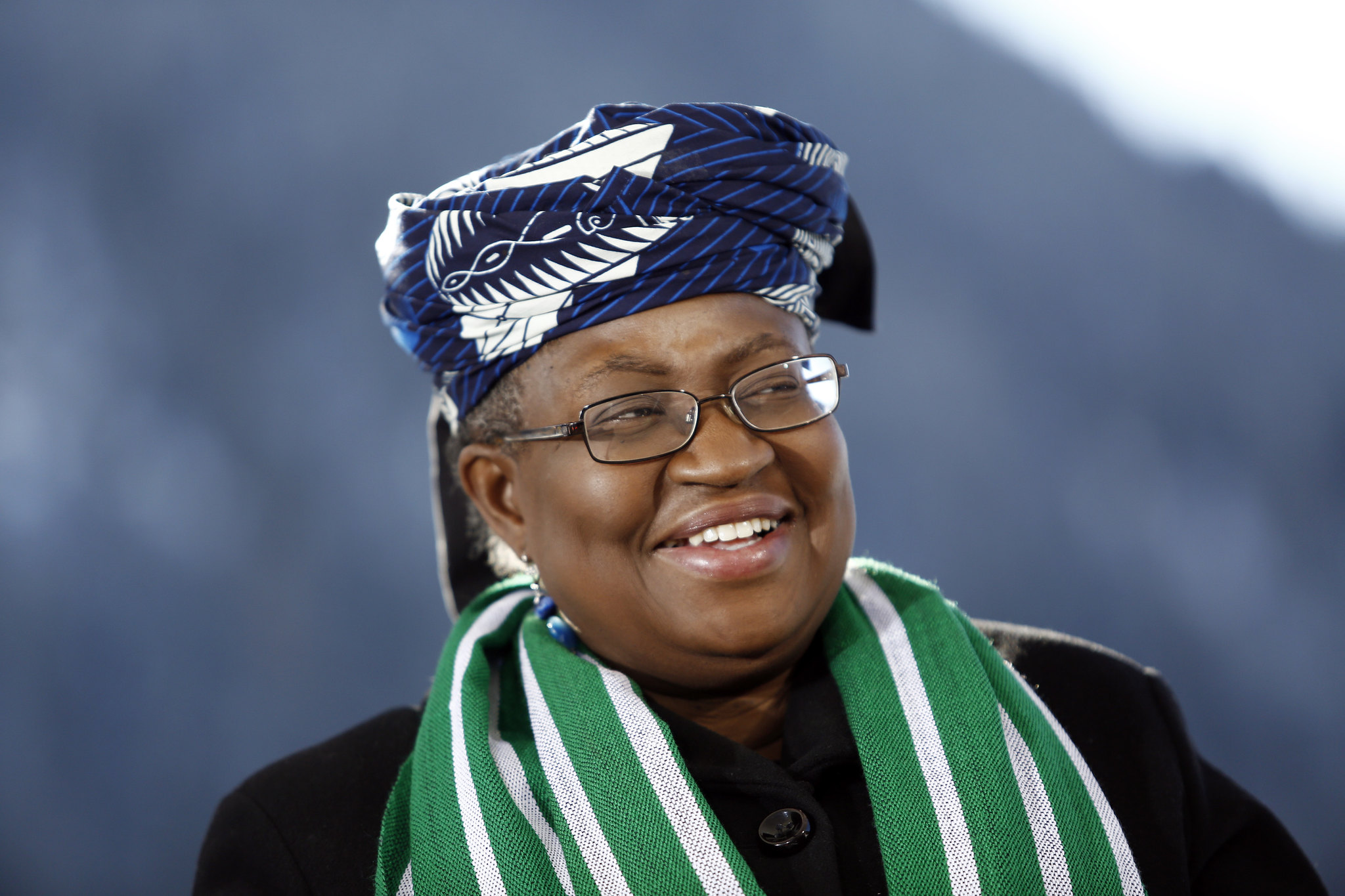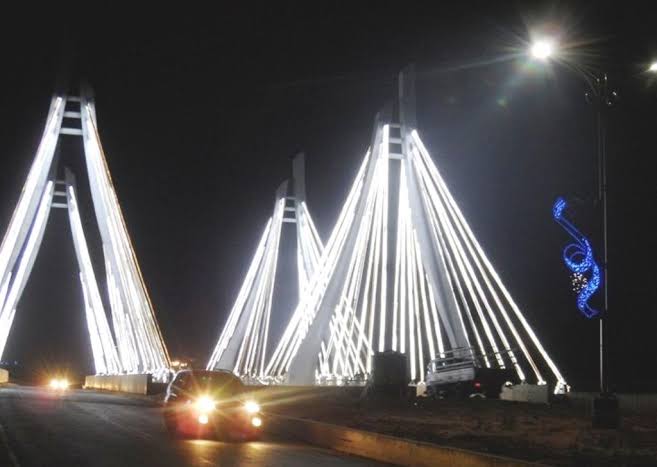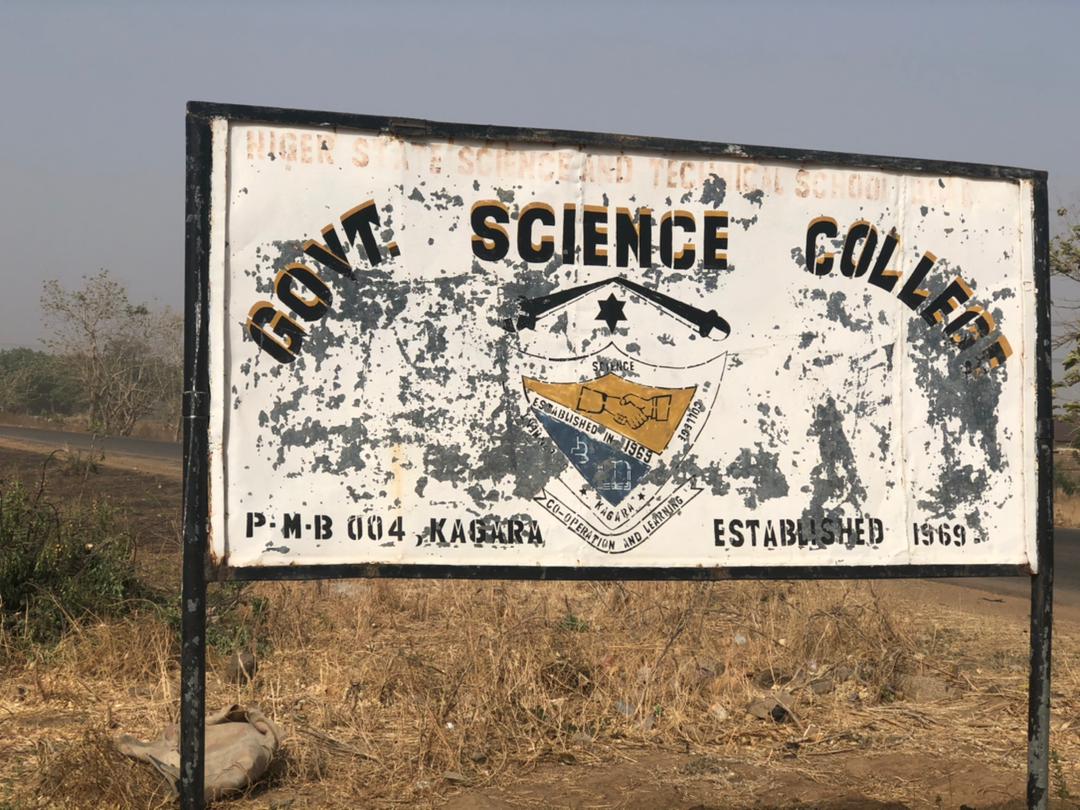BY PAUL OBI
“A key purpose of journalism is to provide an adversarial check on those who wield the greatest power by shining a light on what they do in the dark, and informing the public about those acts”- Glenn Greenwald.
Kadaria Ahmed needs no introduction in the Nigerian media. She’s savvy, with a gusto that often intimidates the Nigerian ruling elite during interviews. She has created a dependable niche for herself within the Nigerian media industry and landscape. She was recently awarded one of the Most Outstanding Women in Nigerian Media in the last century. Coming from the north, she has been able to hold those with the levers of power up north on the jugular in their dereliction of duty. From President Muhammadu Buhari to Zamfara State Governor, Abdulaziz Yari, Ahmed has spared no one in taking them to the cleaners as many Northern states snowballed into killing fields.
Beyond this lofty and remarkable resumè, Kadaria Ahmed’s style in the media has always been to tilt to a scintillating web of clannish hegemony and in defence of her tribesmen. A tag and toga many Nigerian intellectuals and elite shared. It is not surprising therefore that her recent opinion article ‘A Message to the Nigerian Media’ bears the flanks of a cascading episode of half-truths, jaundiced pleas for peace of the graveyard and an opaque sermon to the Nigerian media not to ignite a civil war – whatever that means.
Advertisement
In her piece, Ahmed accused the Nigerian media to have “thrown away the book on ethical reporting; propelled by emotions, betrayed moral considerations… that assigns to our noble profession a role so significant…” elevated “militia and criminals into champions… succumbed to hysteria and the next exciting click bait headline.” In responding to Ahmed’s article on his social media handle, NUJ FCT Chairman, Mr Emmanuel Ogbeche, tagged the writer as a ‘dishonest arbiter.’
If we are to decipher Ahmed’s intervention in an attempt to calm down nerves or to lead the calm as she elucidated in the article further, she merely engaged in what they called ‘filtering and selection’ in journalism classes. In fact, it’s like starting a war without firing a shot. Kadaria Ahmed’s article dwelt on the current tempo of killings, insecurity, herders invasion of people’s land, rhetoric of hate, distrust, mistrust and lack of confidence on the state and its abysmal inability to stop the ongoing carnage in the country. She did this failing, woefully, to call the crisis by it’s real nomenclature what it is: insecurity and criminal herders.
In her filtering and selection method deployed, Ahmed jumped the gun by failing to squarely lay the blame where it ought to be – the Nigerian government, the Presidency and a section of criminal herders both within and those from Mali, Chad, Niger, Senegal and Mauritania that have audaciously invaded Nigeria and are causing mayhem. It’s not like Kadaria Ahmed hasn’t spoken against this insecurity before. Far from it. The problem is her uncharitable attempt to sidetrack the cause of the insecurity and lump the blame on the media. The move deliberately but erroneously accused the Nigerian media for doing their job.
Advertisement
Left to Kadaria Ahmed, the media should filter the killings by a section of Fulani herdsmen in Benue, Plateau, Kaduna, Edo, Enugu, Niger, Oyo, Ondo, Ogun States and other locations. To her, it is germane (sic) that the Nigerian media avoid reporting on the invasion of Nigeria by foreign Fulanis – a view attested to by the Presidency, Sultan of Sokoto, Sa’ad Abubakar III, a former Peoples Democratic Party (PDP), National Chairman, Dr Abubakar Baraje, and other prominent northern politicians and security agencies.
In the world of Kadaria Ahmed, the Nigerian media in their reportage should suppress the sinister and nefarious attempts by foreign Fulanis to criminally seize and confiscate lands in the Middle Belt and Southern Nigeria. Ahmed has no qualms that a federal government and security apparatus that has stupendously spent billions of dollars on security cannot protect her citizens from the marauding criminals and blood-letting elements shielded and protected by weak institutions.
If our instincts are right, Ahmed’s voyage of half-truths conveys a message that is ignorant of the many narratives of hate by Myitte Allah laying claims to the whole land in Nigeria. Or Governor Bala Mohammed’s wrong-headed comments that no one owns forest in Nigeria and that Fulani herders are free to trespass or invade those forests.
Shockingly, Ahmed is not perturbed by the manifestly and poisonous state policy of nepotism that the government is perpetuating. A policy that stokes division and tension – and breath ethnic contempt. Ahmed cannot pretend that there is now a clamour for the Nigerian state to compensate bandits – through amnesty who took up arms to kill, maim citizens and overrun villages setting them ablaze and destroying properties worth billions of dollars.
Advertisement
When Kadaria Ahmed talked about the Nigerian media elevating militia into champions – if it’s in the mould of Oloye Sunday Igboho and Mazi Nnamdi Kanu, she hurriedly forgot that the rise of these persons is a fallout to the ungovernable space created by the federal government in its questionable inability to tame the monsters of herders and their killings.
Further, when Kadaria Ahmed alluded to Rwanda, Liberia and Sierra Leone and the role the media played to inflame those wars, it smacks of a poor analogy. In the Nigerian case, we have an invasion by foreign Fulanis, who are coming with evil plan to kill and take over our lands. Is it in our national and media interest to keep silent and watch while the territorial integrity of the country is compromised?
That said, if the Nigerian media must advance, we must all avoid the pitfalls of wrong-headed diagnoses. We must strive by all means to stand on the path of truth. Not alternative facts or half-truths like Ahmed portrayed in her piece. The duty of the media and journalism is to show and tell the story notwithstanding our clannish idiocy. It will be disingenuous for the media to fail in its democratic calling of a watchdog against acts inimical to society. Nigeria is at a crossroads for reasons propelled by ill-fated plots to incite and a set in motion a telling catastrophe.
Worst still, the country is suffering from a marauding invasion – of monumental proportions. Like the opening quote by Glenn Greenwald on this piece posited, it is not the duty of the media and the press to filter, shield or suppress dark acts from the Nigerian public. At its best, it is rather to expose them. In our collective efforts to move Nigeria and its media forward, the ultimate duty is to pitch tent with the truth, but not to bow to primordial summoning of tribe, tongue and creed.
Advertisement
Obi is a journalist and political communication expert based in Abuja
Advertisement
Views expressed by contributors are strictly personal and not of TheCable.
Add a comment
